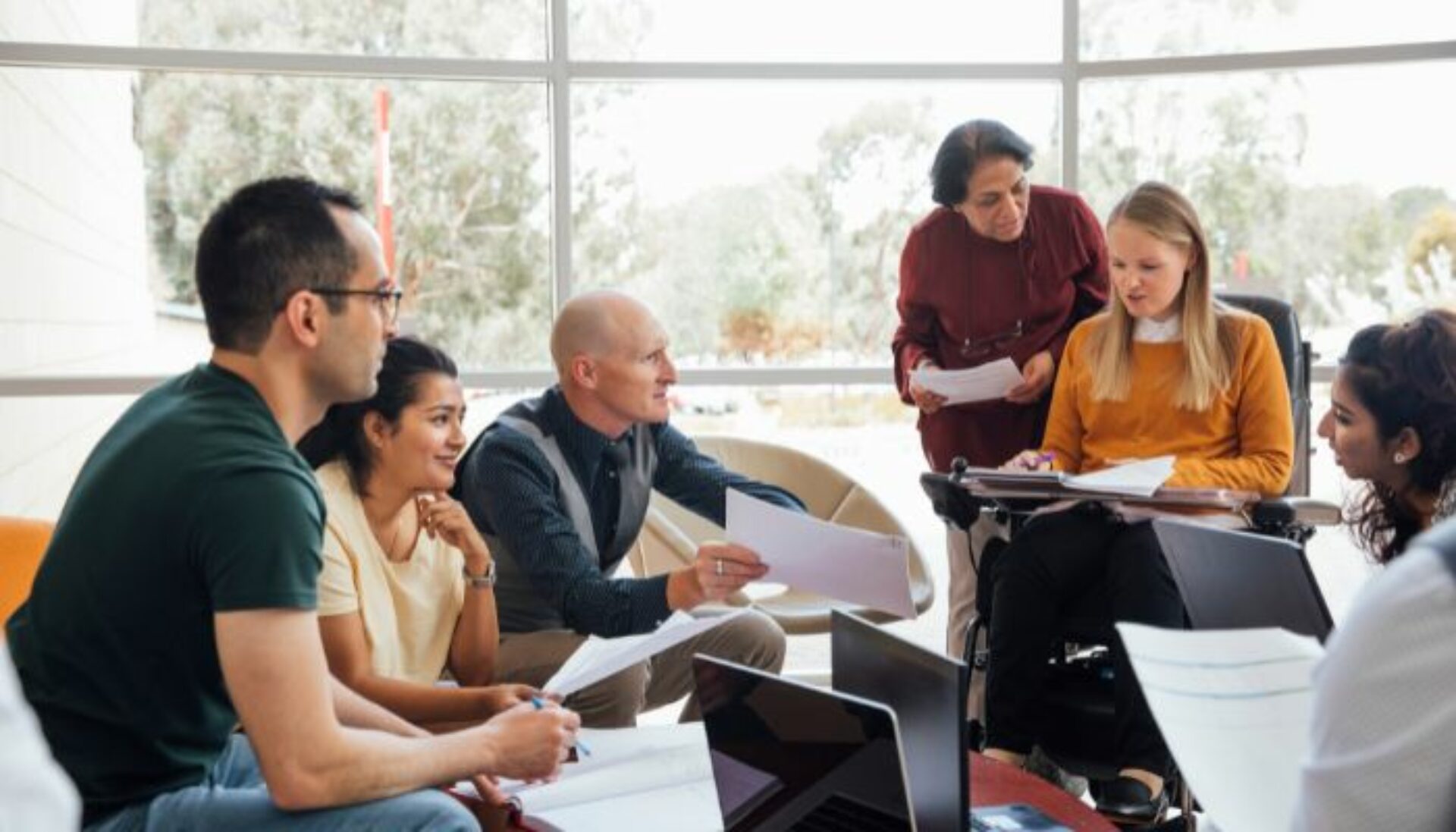Richard Currie
Researcher and activist Richard Currie examines power dynamics, co-production and social capital in research in today’s blog.
The subject of power and control within the field of social research has long held a fascination for me. Professionally as a social researcher, as a participant in social research, and finally as disability rights activist for the past 10 years.
How and why social research is conducted is a subject of great importance in the realm of public policy, where it helps shape how and why the public services many people rely on are delivered.
This is particularly important in such sensitive areas as mental health service provision, welfare reform, or the provision of social care. The recipients of these services have often felt disempowered or excluded from key decisions that concern them. Social research has traditionally been done to us rather than with us.
A trend toward co-production
In their article ‘The power of symbolic capital in patient and public involvement in health research‘ published last week, Louise Locock and colleagues make an important contribution to the debate about whether these power imbalances are being overcome in research today.
They argue, correctly in my view, that there is a current towards co-production within social research. This trend aspires to place service users at the centre of the research process to enable them share their views on an equal footing with academic or clinical professionals.
Co-production undertaken correctly should ensure that service users have a role to play alongside other members of the research team in helping to define the purpose and scope of the research project.
However Locock et al argue that the extent to which to co-production, as defined above, actually happens in practice is questionable. I would agree.
Power differences leave you feeling disabled
In the past I have removed myself from projects that have failed to live up to these principles of co-production. I know I am not alone. The difference in power between those conducting research and those participating in it can have an impact on the quality and findings of social research.
As a participant in research obvious power differences can leave you feeling disabled, and unable to contribute important insights. This leads to a bad foundation on which to build public policy.
The authors make an important contribution to the debate over power and control within social research by arguing that the symbolic capital of people who are ill or disabled is frequently ignored by those in more powerful positions.
This failure to value the symbolic capital of disabled people results in them being less likely to be invited to participate in the research process as equal partners.
Symbolic capital represents the advantages and status a person may have by virtue of belonging to a particular type social network or social identity.
Traditionally people with certain forms of symbolic capital, stereotypically the well-connected white able-bodied ‘book’-educated male, have been perceived as having more valuable knowledge, skill or expertise than those with different forms of symbolic capital.
Redefining symbolic capital
The authors argue for a broader and more inclusive definition of symbolic capital, which would result in the inclusion of a greater diversity of voices and a recognition of a variety of forms of expertise.
This would enrich the quality and depth of social research and increase the likelihood that the outputs of research and subsequent changes in policy may be better suited to the needs of the people they are meant to serve.
At the McPin foundation, and in my own work, we seek to go further by having researchers who can bring their expertise from experience as active members of our research teams, as well as advising them. This poses some of its own challenges – which I explored in a video recently.
It is vital that at a time when public finances are stretched and there are constant demands to reform how public services being delivered, the voices of those people affected by these changes are included.
Through my work at the McPin Foundation and my disability activism, in my own small way, I have been able to put the principles of co-production into practice.
